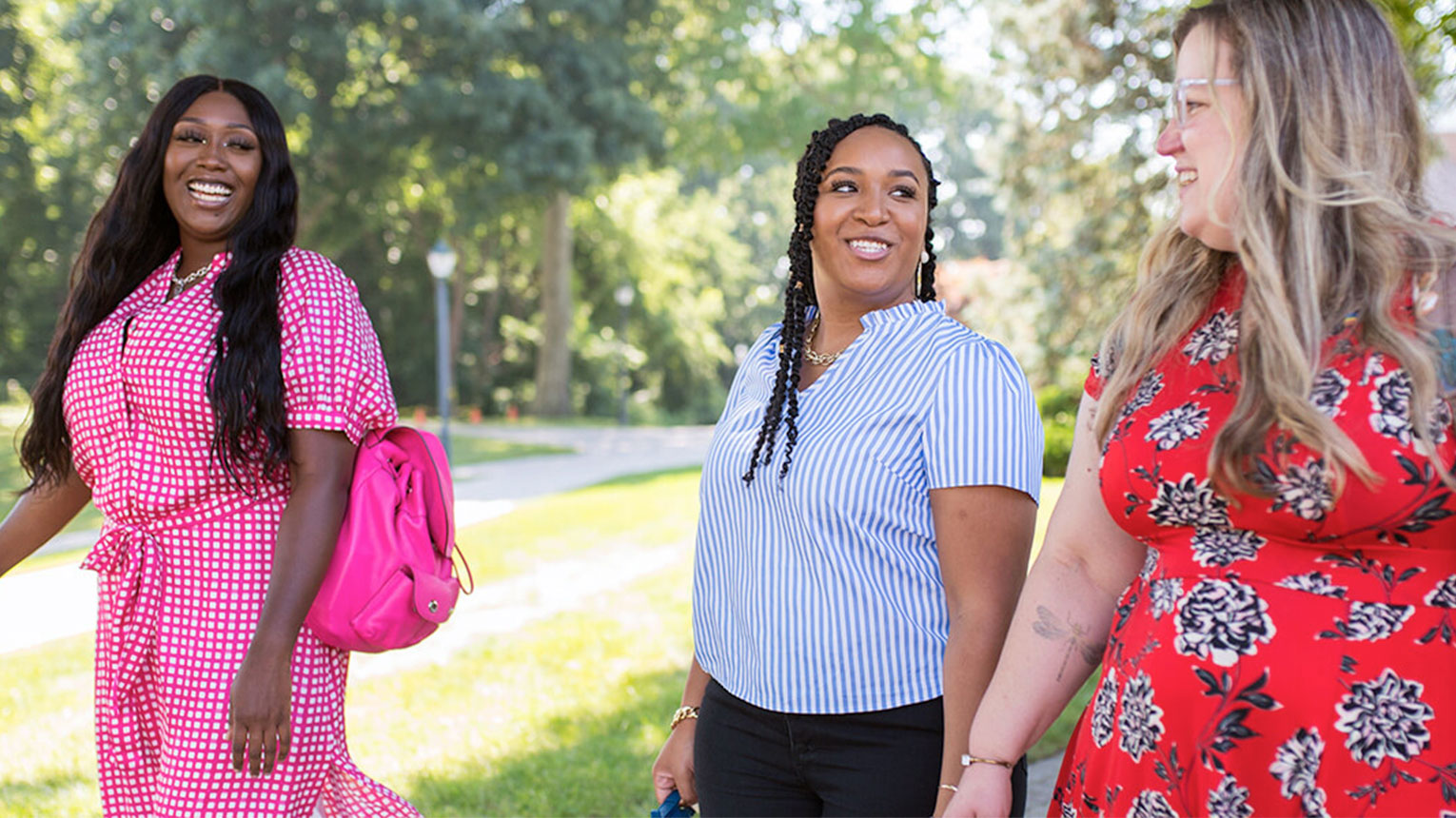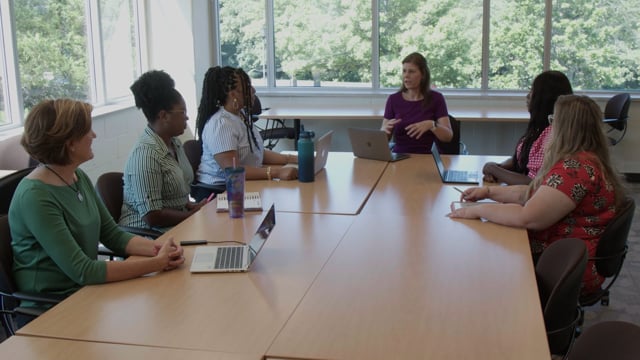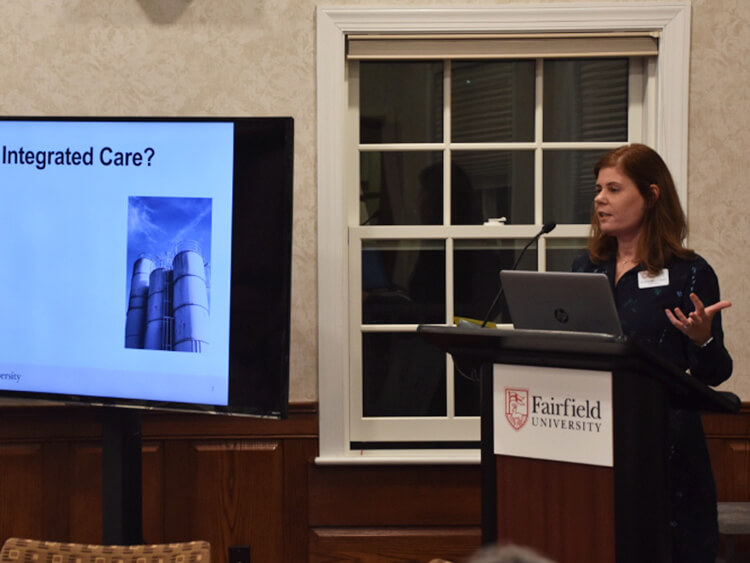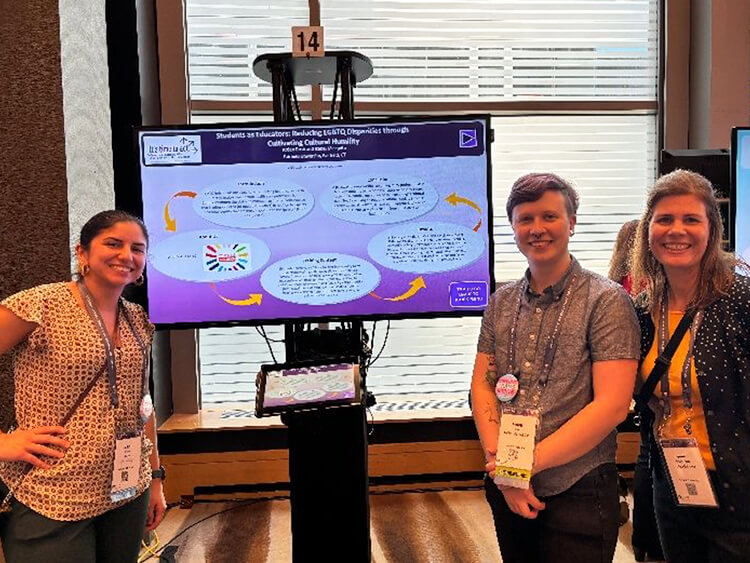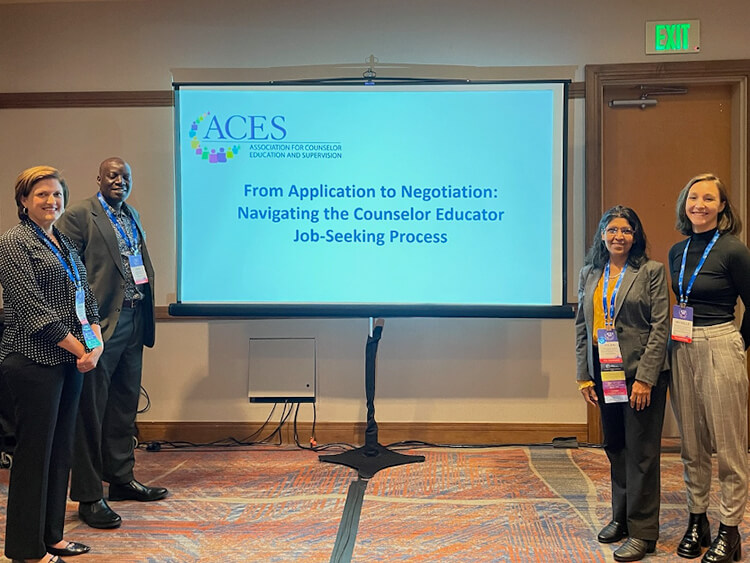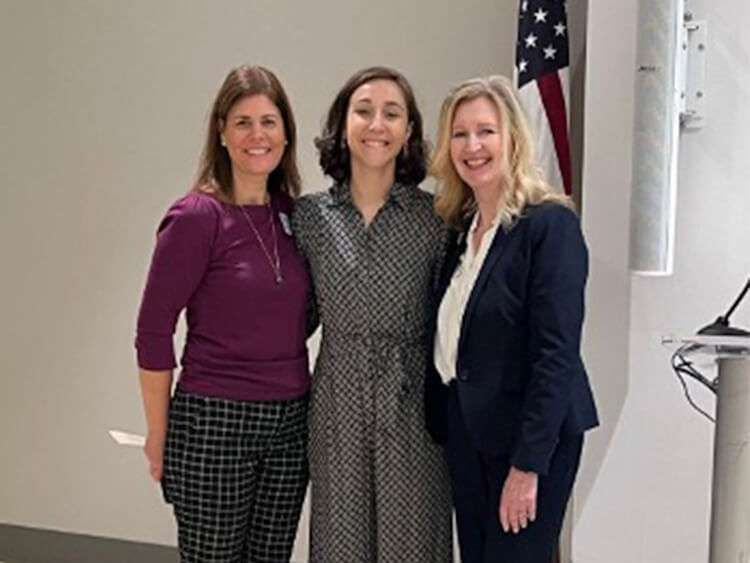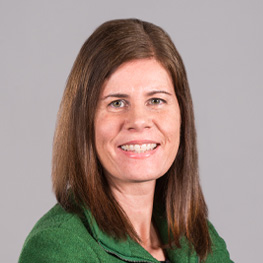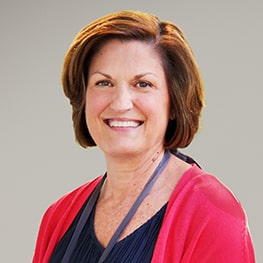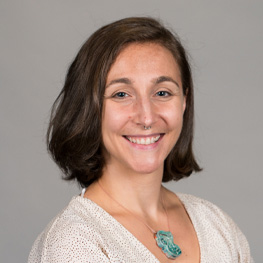The Fairfield University Collaborates for a Healthier Connecticut (FCHC) Scholars Program was a year-long fellowship program that delivered enhanced education & training in integrated, team-based care to competitively selected students in six behavioral health master’s programs at Fairfield University: Master of Social Work (MSW), Marriage and Family Therapy (MFT), Clinical Mental Health Counseling (CMHC), Psychiatric Nurse Practitioner (PMHNP), School Psychology, and School Counseling.
As of July 1, 2025, we do not have further funding for student fellowships. However, we are still engaged with university and community partners in advancing interprofessional collaboration. If you are a Fairfield University faculty member or community partner, please reach out to us for opportunities to collaborate at fchc-scholars@fairfield.edu.
